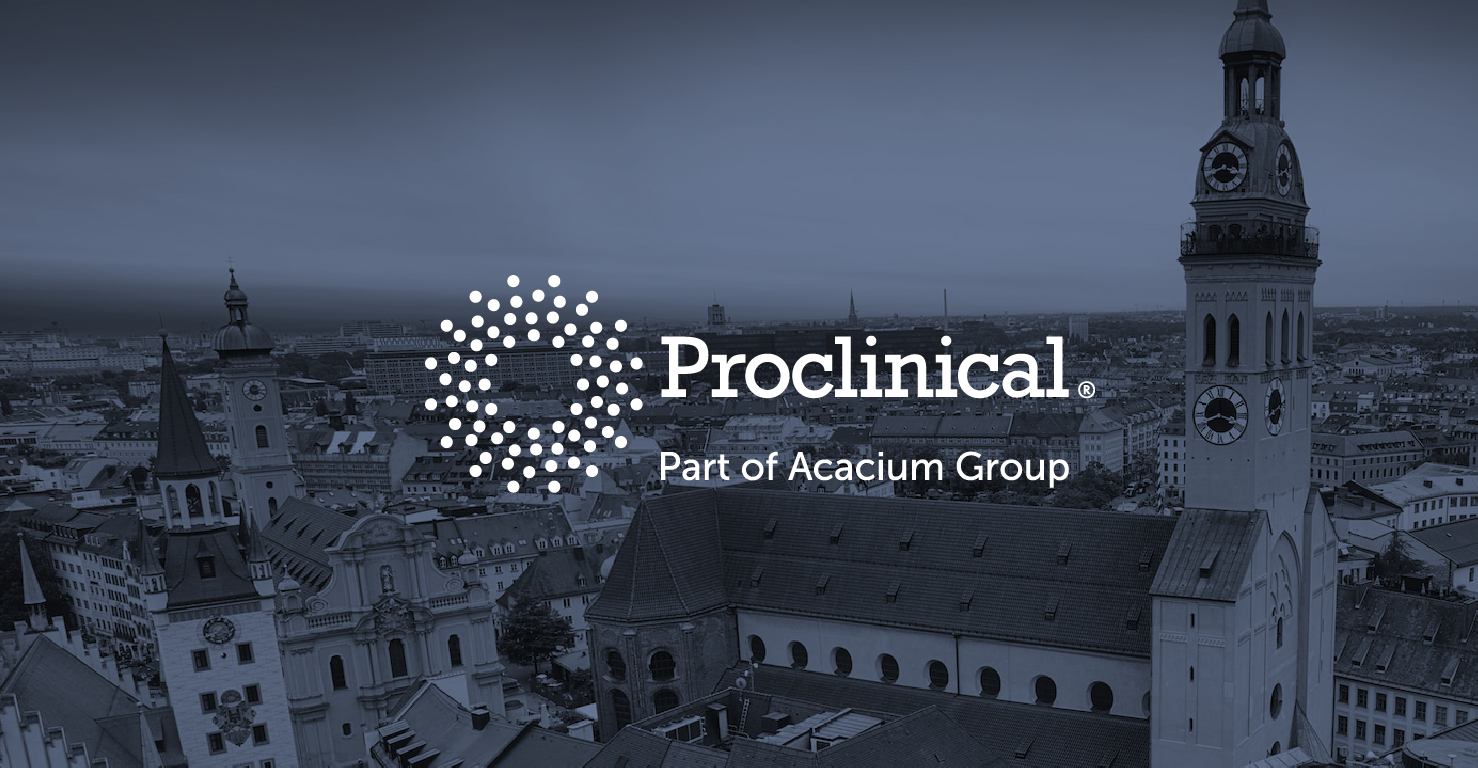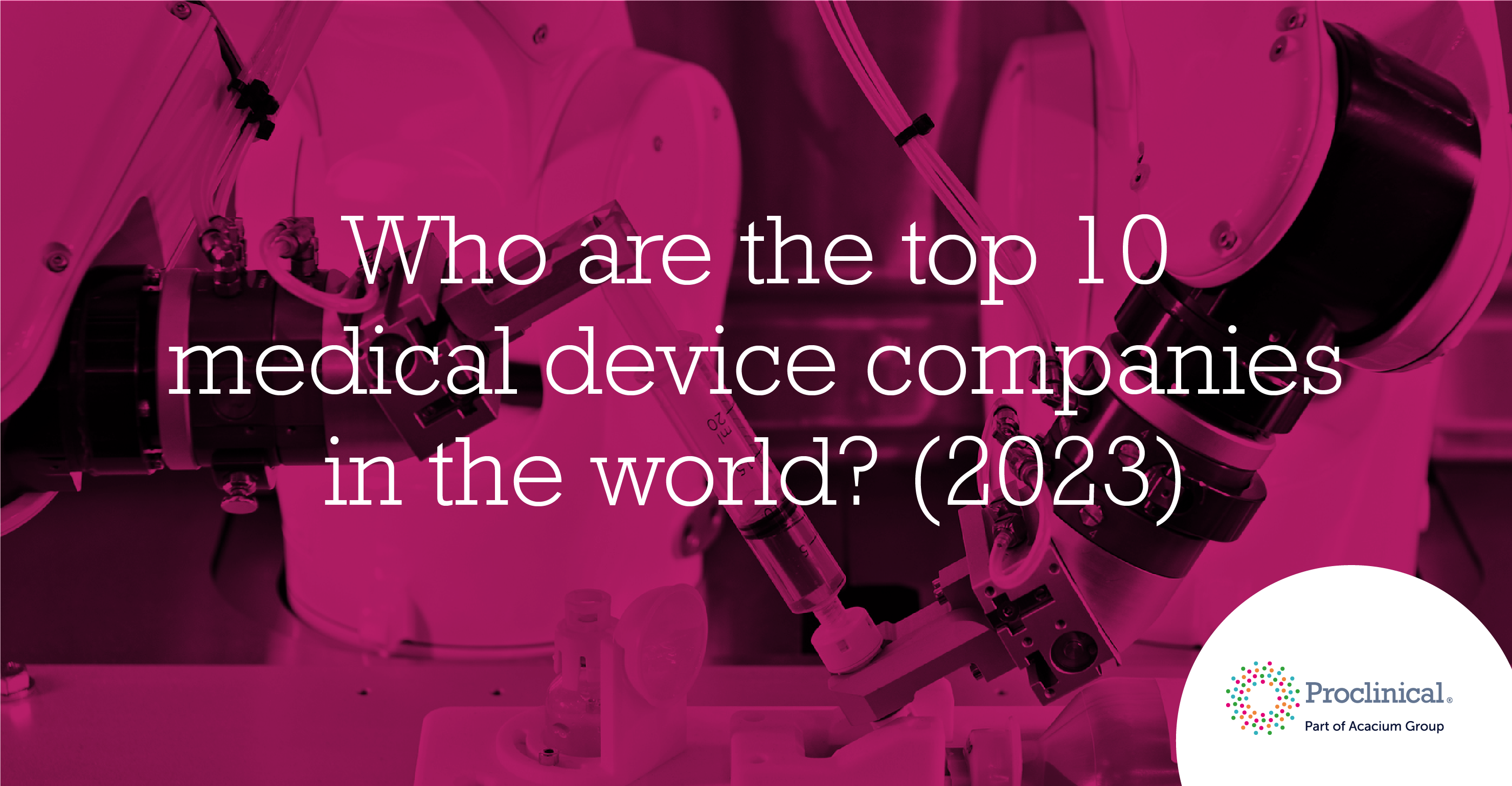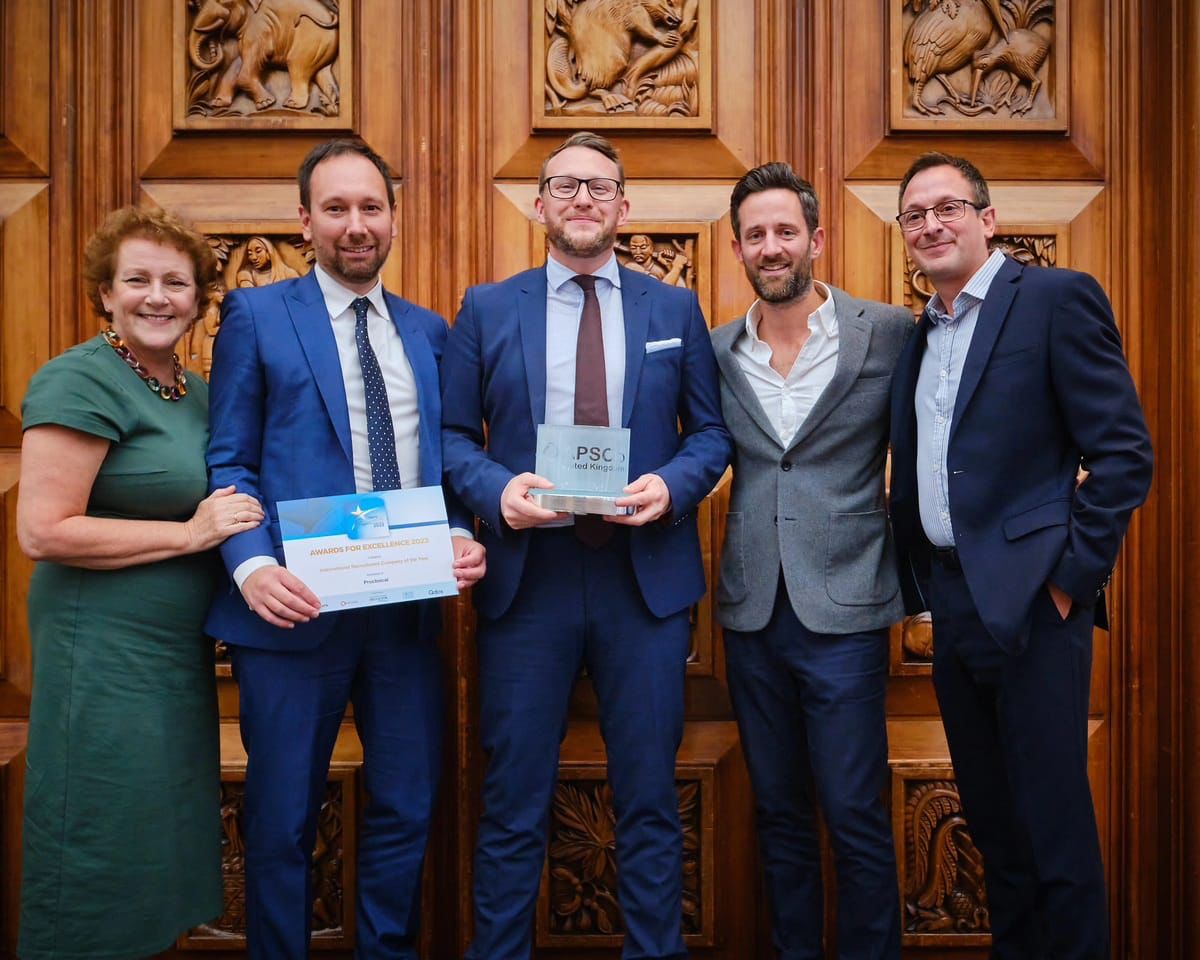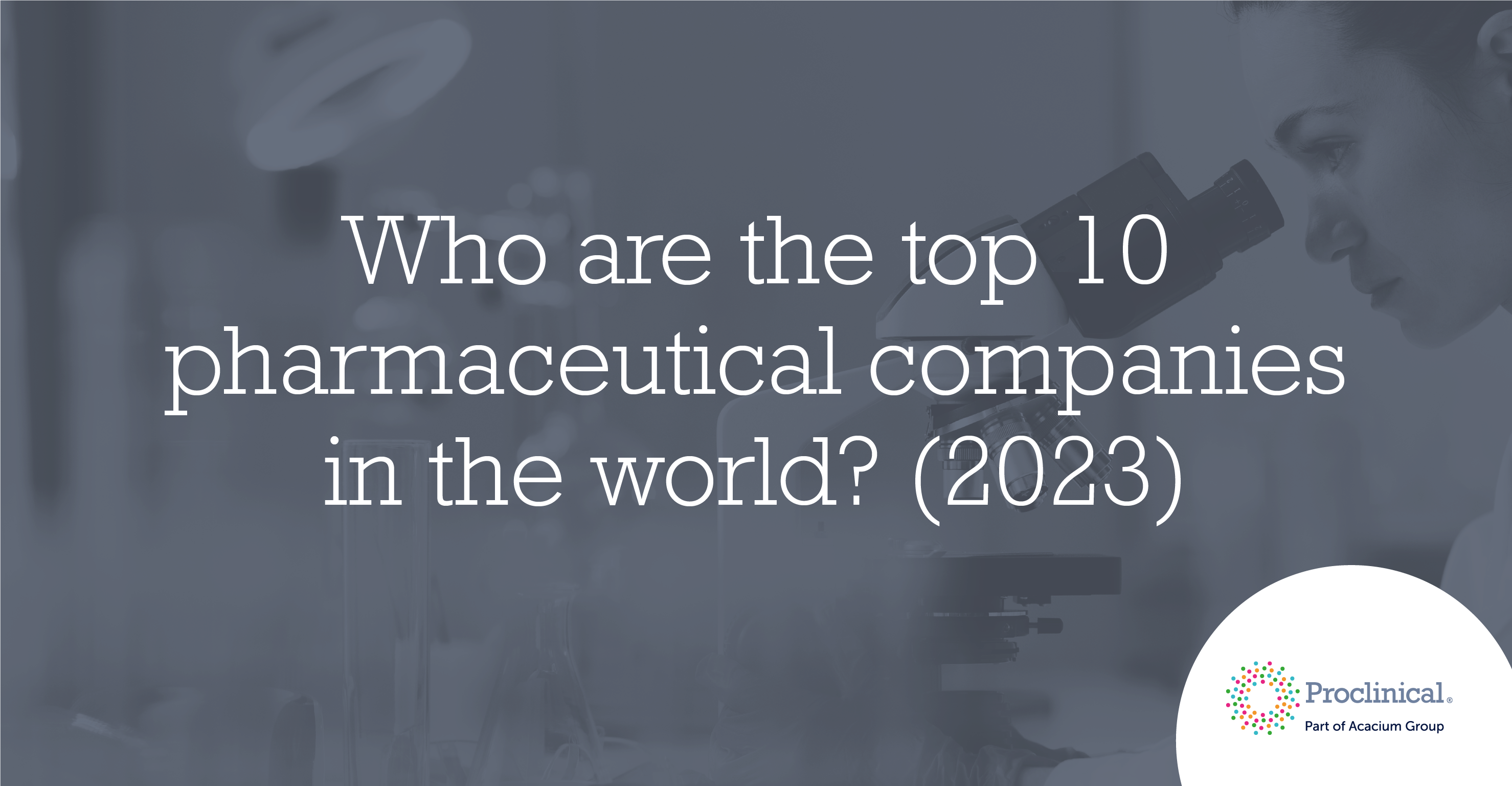What is the life sciences industry?
The life sciences industry consists of companies operating in the fields of pharmaceuticals, biotechnology, medical devices, biomedical technologies, nutraceuticals, cosmeceuticals, food processing, and others that dedicate their efforts to creating products to improve the lives of organisms.
At Proclinical, we focus on the health and medical science aspects of the life sciences industry, which covers pharmaceuticals, biotechnology, medical devices, digital health and other supporting businesses such as CROs/CMOs that are dedicated to developing, producing, and commercialising innovative treatments, diagnostic tools, equipment and software to improve and prolong lives.
Pharmaceuticals
Pharmaceuticals, including vaccines, biologics, and other types of medications and therapies, are vital to society as they cure, treat, and prevent a variety of diseases, conditions, and traumas to improve and extend people's lives. Pharmaceutical companies research, develop, and distribute medicines around the world every day and play an important role in the global economy.
Biotechnology
Biotechnology firms research, create, and manufacture a wide variety of commercial products, with most of them having medical applications. Biotech firms operate differently to pharma companies as they use the processes of living organisms to manufacture products or solve challenges.
The global biotechnology market size was valued at $449bn in 2019 and this is expected to reach $727.1bn by 2025. The largest biotech companies in the world include Novo Nordisk, CSL, Gilead Sciences, Celgene and Allergan. Many more revolutionary and promising companies are making big strides in this area and are gearing up to make an impact in the future to meet unmet medical needs around the world.
Medical devices
Medical device companies develop medical surgical instruments to diagnose, prevent, monitor, and treat medical conditions. Medical devices can come in the form of an instrument, apparatus, machine, implant, software or similar formats.
The medical devices industry is rapidly growing driven by the complex unmet needs of patients. In 2019, the global medical devices market was worth nearly $456.9bn, with top medical device companies such as Medtronic, Johnson & Johnson, Thermo Fisher Scientific, Abbott and GE Healthcare contributing largely with new the release of new technologies. Leading tech giants have started making big strides in this area, companies such as Google and Apple have leveraged their own core strengths to reinvent healthcare by developing new tool for patients and healthcare providers.
CRO / CMO
Contract research organisations (CROs) and contract manufacturing organisations (CMOs) play a pivotal role in supporting the pharma, biotech and medical devices industries. CROs and CMOs support clients’ efforts to test, refine and market drugs and medical devices.
The contract research organisations (CRO) was valued at an estimated $35.1bn in 2018 and is expected to reach $50.7bn by 2025. With top CRO companies such as Covance, Parexel and IQVIA extending companies capabilities and global reach through mergers and aquations, the CRO marketplace is becoming increasingly competitive.
What career can I do within life sciences?
At the forefront of medical advancements, the life sciences industry offers an extensive range of exciting and rewarding roles and career pathways with opportunities for high job satisfaction and competitive pay. By working in the industry in the right role for you, you will be contributing to having an impact on global health powering life-saving and life-changing treatments.
The majority of jobs in the life science industry have require someone with an academic background in a relevant medical science subject, such as biology, biotechnology, biochemistry, microbiology or pharmacology. Common roles in the industry include clinical research associates, scientists, quality assurances consultants, regulatory associates, medical science liaisons, plus many more.
What role does Proclinical play within the life science industry?
As Global Growth Partners, we deliver on every stage of the life science process to help individuals, teams and whole organizations reach their goals faster. Through our suite of services, we find and mobilise the right people, expand knowledge and extend global reach to help bring about a positive impact on global health.









.png)



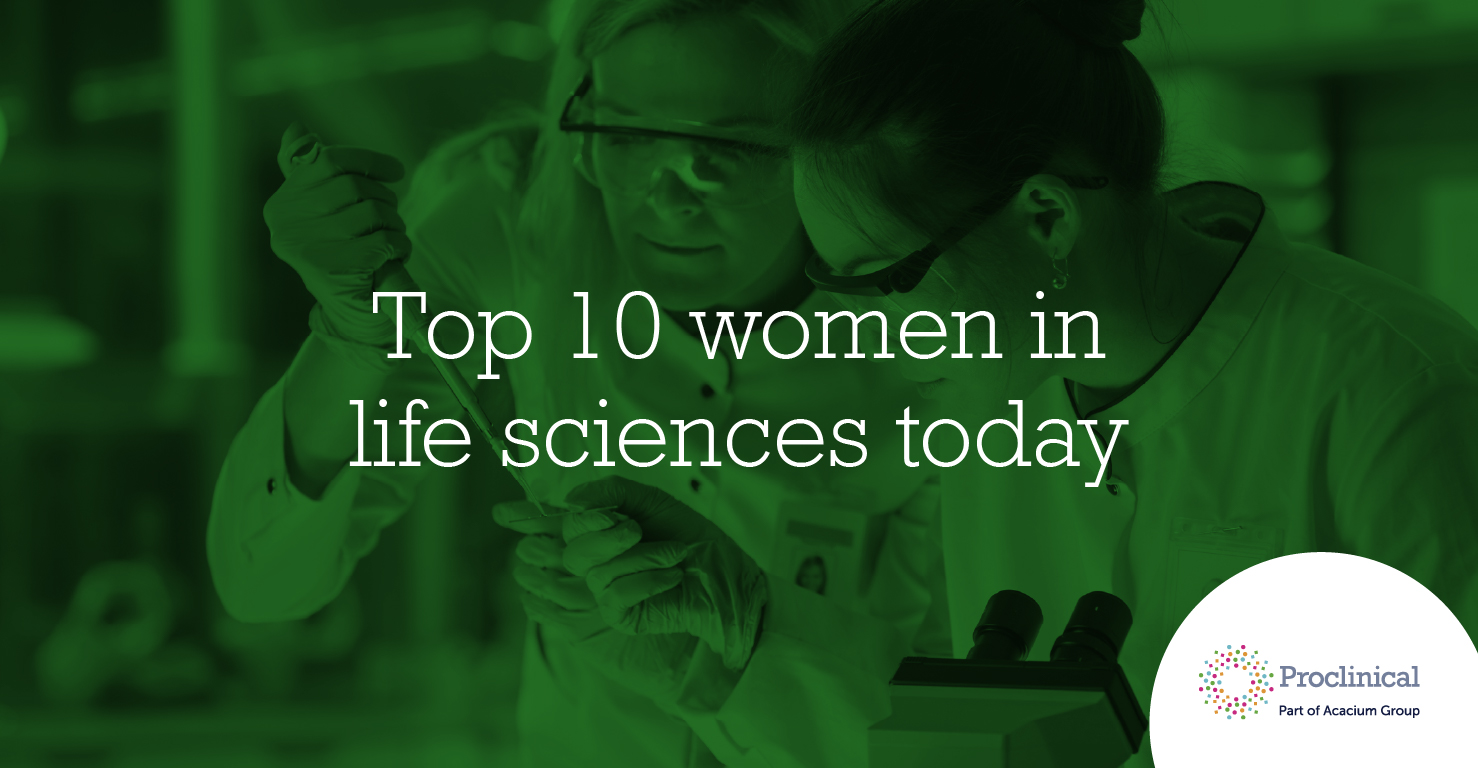

.png)

